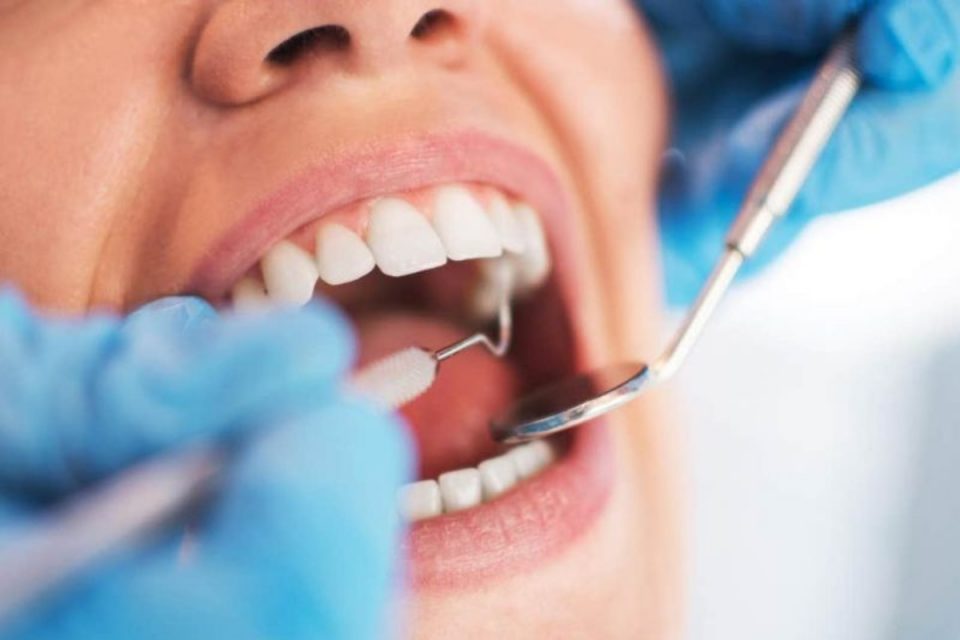Dental problems are a common occurrence, especially as we age. According to the American Dental Association, about one in four adults aged 65 and over have some form of periodontal disease, which is the leading cause of tooth loss in older adults.
But dental problems don’t just occur in older adults. In fact, they can happen to people of all ages.
Table of Contents
7 Common Dental Problems That Need Treatment
Dental problems if not treated on time can lead to a more serious effect on your overall wellness. Here are seven of the most common dental problems and what you can do to treat them:
1. Tooth Decay
Tooth decay is caused by bacteria that produce acid, which breaks down the tooth enamel. This can lead to a cavity, which is a hole in the tooth. If left untreated, tooth decay can cause pain, infection, and even tooth loss.
The best way to prevent tooth decay is to brush your teeth twice a day with fluoride toothpaste and floss daily. You should also see your dentist regularly for checkups and cleanings.
If you have a cavity, your dentist will fill it with a material that seals off the hole and prevents further decay.
2. Gum Disease
Gum disease is an infection of the gums that can lead to tooth loss. It is caused by plaque, a sticky film of bacteria that forms on your teeth. If not removed, plaque can harden into tartar, which irritates the gums and causes them to swell and bleed.
Gum disease can be prevented by brushing and flossing regularly. You should also see your dentist for regular cleanings.
If you have gum disease, your dentist may recommend a deep cleaning to remove the tartar from your teeth. You may also need medication to treat the infection.
3. Tooth Sensitivity
Tooth sensitivity is a common problem that can be caused by a number of factors, including gum disease, tooth decay, cracked teeth, and worn tooth enamel. Sensitive teeth can be painful when exposed to hot or cold temperatures, sweet foods, or acidic beverages.
To treat tooth sensitivity, your dentist may recommend toothpaste or mouthwash designed for sensitive teeth. You may also need Nutritional Counseling to change your diet to avoid foods and beverages that trigger your sensitivity.
4. Cracked Teeth
Cracked teeth can be caused by biting down on hard objects, grinding your teeth, or eating acidic foods. Cracks can range from small fissures to large breaks that extend below the gum line.
If you have a cracked tooth, your dentist will need to evaluate the extent of the damage and decide on the best course of treatment. In some cases, the tooth can be repaired with a filling or crown. In other cases, the tooth may need to be extracted.
5. Missing Teeth
Missing teeth can be caused by tooth decay, gum disease, injury, or poor dental hygiene. Missing teeth can make it difficult to eat and speak properly. They can also cause your other teeth to shift out of place.
Dental implants or bridges are the best way to replace missing teeth. Dental implants are artificial roots that are placed in the jawbone and topped with a false tooth. Bridges are false teeth that are supported by natural teeth on either side of the gap.
6. Yellow Teeth
Yellow teeth can be caused by staining from coffee, tea, or smoking. They can also be the result of aging or taking certain medications.
Most cases of yellow teeth can be treated with professional teeth whitening. This is a procedure that is done in the dentist’s office or at home using a kit that contains bleaching gel.
7. Dry Mouth
Dry mouth is a condition that occurs when there is not enough saliva in the mouth. It can be caused by certain medications, medical conditions, or habits such as smoking.
Dry mouth can lead to cavities, gum disease, and bad breath. To treat dry mouth, your dentist may recommend a saliva substitute or prescription medication. You should also avoid tobacco products and drink plenty of water throughout the day.
Conclusion
There are many dental problems that can occur, but the good news is that most of them can be prevented with proper oral hygiene. Be sure to brush and floss your teeth regularly and see your dentist for regular checkups. If you have a problem, don’t wait to get it treated. The sooner you seek treatment, the less damage will be done to your teeth and gums.

